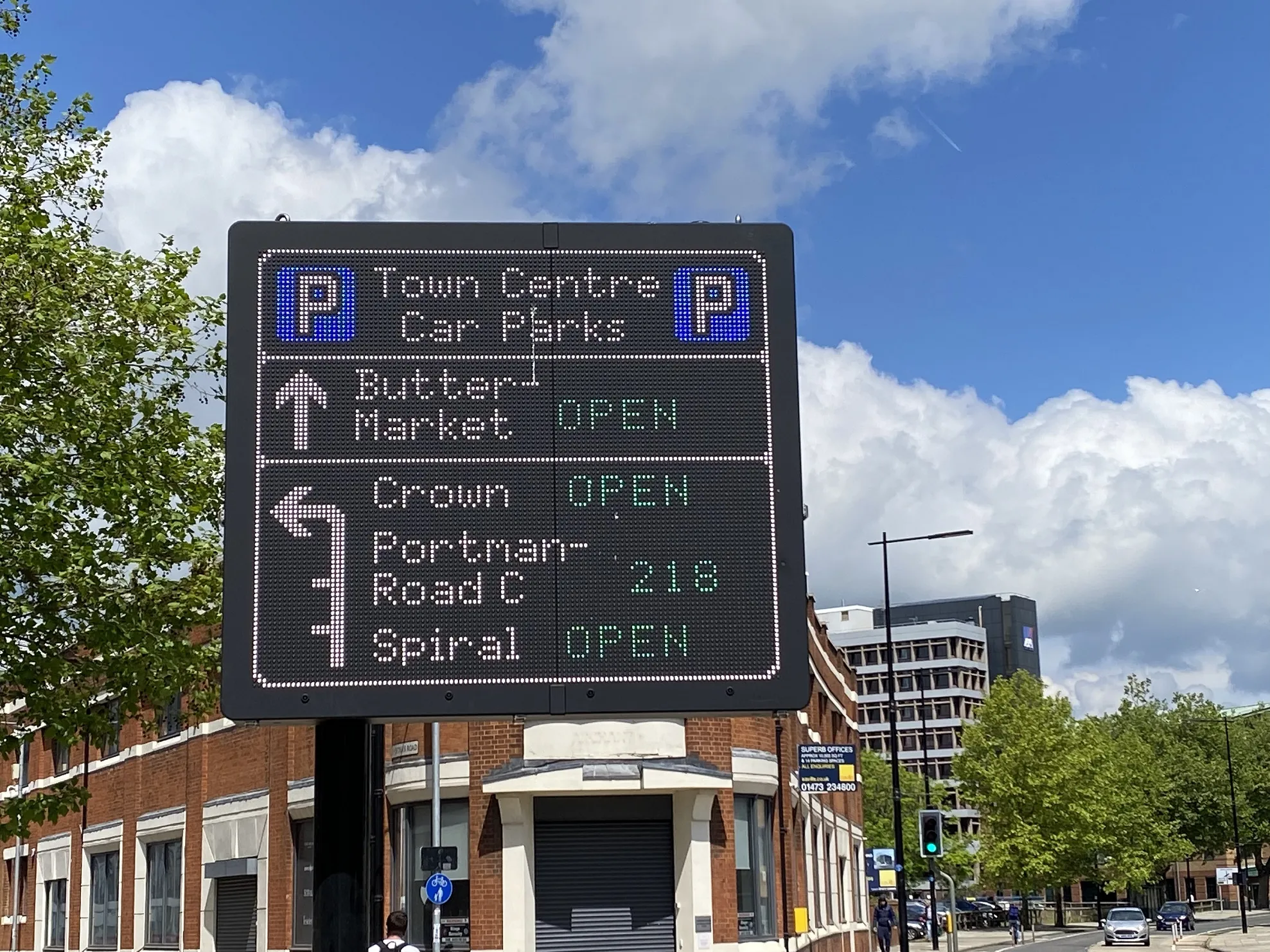Transport ministry officials in Cyprus have launched the Channel programme, a real-time traffic monitoring system that aims to alert motorists through smart technology of delays, traffic jams, accidents, road works and parking spaces.
Part of the Cyprus-Greece Cross-Border Cooperation Programme 2007 to 2013, the channel programme is 80 per cent EU-funded. The objective is to improve traffic conditions on major roads in Cyprus.
Drivers will be able to access the system via internet, mobile phones and t
February 26, 2014
Read time: 2 mins
Transport ministry officials in Cyprus have launched the Channel programme, a real-time traffic monitoring system that aims to alert motorists through smart technology of delays, traffic jams, accidents, road works and parking spaces.
Part of the Cyprus-Greece Cross-Border Cooperation Programme 2007 to 2013, the channel programme is 80 per cent EU-funded. The objective is to improve traffic conditions on major roads in Cyprus.
Drivers will be able to access the system via internet, mobile phones and through the radio. To begin with, the system will be installed at major junctions in Nicosia and on the highways.
The programme’s total budget comes to US$2.06 million, of which US$1.2 million will be used to complete the project in Cyprus, which began in November 2012 and is due to be completed in March.
The first phase of the programme is to create a complete online map of Cyprus’ roads, especially within towns and cities. The second phase of the project will see the installation of real-time traffic monitoring devices in order to inform drivers and the police of any traffic congestion, accidents, planned road works and free parking spaces in Nicosia. It is planned that the devices will be installed to cover other towns and cities at a later date.
“Cyprus is becoming digitised when it comes to transport and traffic management. It is a very advanced and innovative system which can have many benefits. This is just the beginning,” Mitsopoulos said.
Part of the Cyprus-Greece Cross-Border Cooperation Programme 2007 to 2013, the channel programme is 80 per cent EU-funded. The objective is to improve traffic conditions on major roads in Cyprus.
Drivers will be able to access the system via internet, mobile phones and through the radio. To begin with, the system will be installed at major junctions in Nicosia and on the highways.
The programme’s total budget comes to US$2.06 million, of which US$1.2 million will be used to complete the project in Cyprus, which began in November 2012 and is due to be completed in March.
The first phase of the programme is to create a complete online map of Cyprus’ roads, especially within towns and cities. The second phase of the project will see the installation of real-time traffic monitoring devices in order to inform drivers and the police of any traffic congestion, accidents, planned road works and free parking spaces in Nicosia. It is planned that the devices will be installed to cover other towns and cities at a later date.
“Cyprus is becoming digitised when it comes to transport and traffic management. It is a very advanced and innovative system which can have many benefits. This is just the beginning,” Mitsopoulos said.









